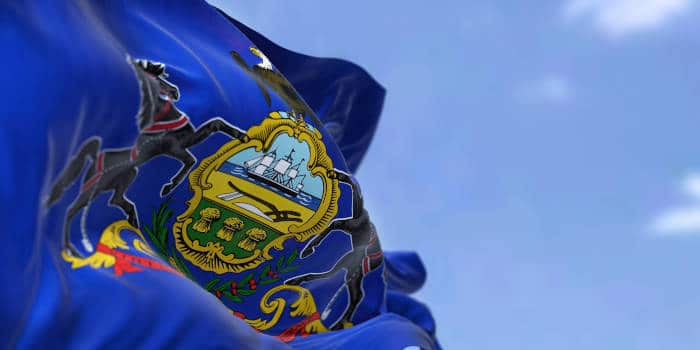There is a way for Pennsylvania skill games to be sorted out in the Keystone State – after all, if you can beat them, tax them


Gov. Josh Shapiro is planning to show a harder stance on skill games, which have been the subject of much debate. One court battle after the other has ensued over the past years, with the games finally deemed legal in the Keystone State by a court of law, but not formally regulated.
Gov. Shapiro Pitches Regulation of Skill Games
This is not stopping Gov. Shapiro from taking a rather gung-ho stance on the sector, choosing to tax them as part of the state’s FY 2025/26 budget address. The idea is to slap skill games with a 52% tax revenue which will be charged on revenue.
With 70,000 machines statewide, that is a lot that the state can be pulling in an extra financial windfall. Gov. Shapiro is even more certain that taxation could be a good way forward, arguing that the games have already cost $200 million to the Pennsylvania Lottery in the past five years alone.
Gov. Shapiro is also looking to reduce the number of the current 70,000 machines, arguing that a formal regulation of the sector should begin with 30,000 such games, with the number pushed to 40,000 between 2029 and 2030.
Because a lot of the arguments against banning machines had to do with the fact that they support small businesses from going belly up, Gov. Shapiro’s latest proposal seems cognizant of the fact – arguing that only up to 5 machines can be present at a time.
According to Gov. Shapiro, the Commonwealth may collect $8 billion over the next five years over fresh revenue by choosing to regulate the vertical. The tax rate is not chosen at random, either.
Skill Games Could Be Taxed on Par with State Slots
For years, critics of skill games have equated them to slot games, which are currently taxed at 54%, and which Gov. Shapiro’s office seems to be the right way to move forward. However, this is also an increase on his initially proposed tax which was 42%.
In the meantime, companies such as Pace-O-Matic, one of the largest developers of such games, have been pushing for the legalization of the sector, as it sees it vital for legislators to reach an agreement on the matter.

